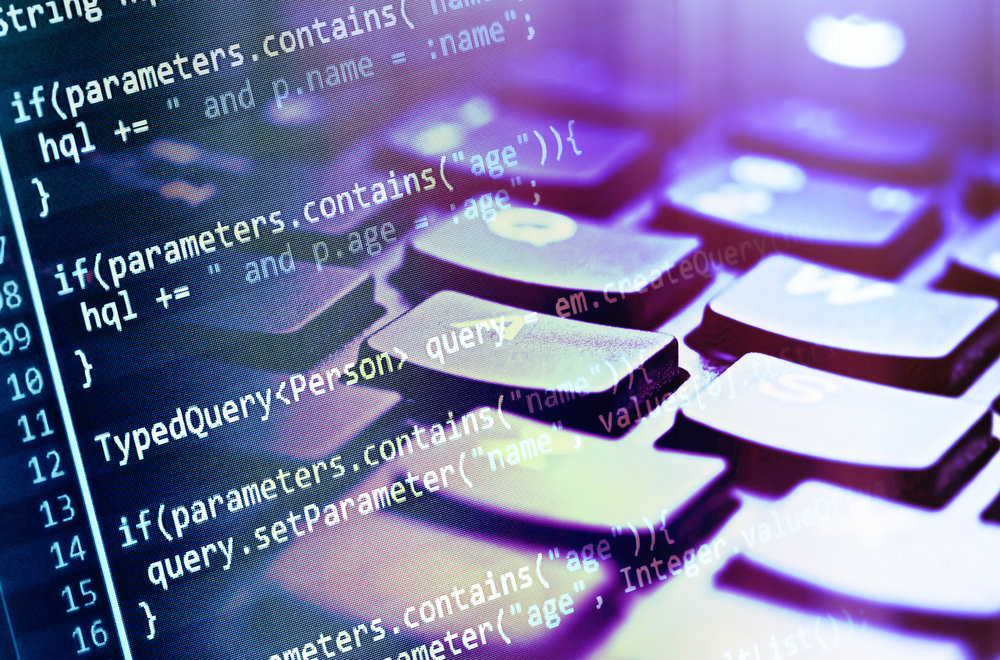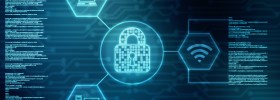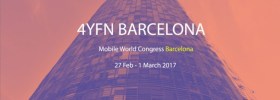By Kathryn Parsons (@KathrynParsons) Co-Founder, Decoded
26 March 2014: Digital illiteracy is one of the biggest challenges facing the UK economy today. To make matters worse, a huge amount of confusion exists around the difference between digital skills and digital literacy.
I would argue that digital literacy is separate to digital skills. While digital skills might include being proficient in web design or data analysis, digital literacy is about being able to hold a conversation within the digital world with a deep level of understanding. You don’t necessarily need to understand computational thinking or ever want to be a programmer to be digitally literate but you do need to understand how the digital world, which is fast becoming our entire world, operates.
People are making decisions, signing off budgets and managing teams that are increasingly becoming digital. Some of the biggest businesses in the world are looking three to five years ahead and know that if they don’t change they may no longer exist. This can be a daunting prospect for many: but it needn’t be.
I left school numerate. And that’s a hugely valuable skillset in my life – personally and definitely professionally. And it’s quite hard to survive without the basic understanding of that stuff. But I didn’t become a mathematician.
Digital literacy isn’t considered the norm in the same way that maths is. It’s considered the preserve of the privileged, the Silicon Valley set, the people with the power.
There seems to be a feeling of being left out of the digital revolution, of not being empowered by it. Technology can actually make people feel powerless, with a belief that it’s a world run by small group of people in the know about the dark arts behind it. Digital literacy is shrouded in a lot of these kinds of myths.
That’s what we need to break through. This isn’t just about getting coding onto the national curriculum (which is happening this September) or about learning to code. It’s about achieving a level of understanding, at every level of business, leadership and decision-making of what code even is.
We need awareness that there is a language you can learn that will let you literally jump through the screen and start playing with the digital experiences you love. This awareness about the web and its openness is at the heart of digital literacy.
Until everyone realises that coding is just a language you can learn in the same way as French or Mandarin or English or Mathematics, it will remain the preserve of a small, privileged community. And until we start to understand that digital literacy is as important as reading, writing and arithmetic we’ll never see digital’s full potential realised.
![[Guest Post] Digital literacy is essential to democratise the web](https://en.blogthinkbig.com/wp-content/uploads/sites/5/2014/04/carousel-digital-literacy.jpg?resize=610%2C225)

![[Guest Post] IoT: Mobile’s next frontier?](https://en.blogthinkbig.com/wp-content/uploads/sites/5/2014/04/iStock_000005946607Small.jpg?resize=p%2Co)






